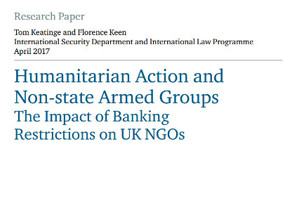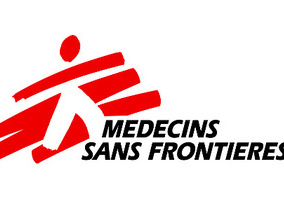Médecins Sans Frontières (MSF) will not be signing a Code of Conduct for NGOs operating rescue ships on the Mediterranean, saying that signing could result in decreased efficiency with dire humanitarian consequences.
The Italian government wants aid organisations operating in the Mediterranean to sign a Code of Conduct for NGOs, which aims to regulate operations in the sea. Italy’s interior minister Marco Minniti has said he wants the code, which would include the NGOs agreeing to allow an armed officer on board, to take immediate effect.
MSF said that several commitments in the code could result in a “decrease in the efficiency and capacity of the current search and rescue response with dire humanitarian consequences”.
MSF said that it formally informed the Italian Ministry of the Interior on Monday that it would not be signing the Code of Conduct.
Annemarie Loof, operations manager at MSF, said: “Although we are unable to sign this code of conduct in its current form, MSF already respects several provisions that are not within the remit of our core concerns, including financial transparency.
“MSF will continue to operate its search and rescue activities under the coordination of the Maritime Rescue Coordination Centre (MRCC) in Rome and in accordance with all relevant international and maritime laws.”
MSF said that the proposals present “unnecessary limitations” to the means at its disposal, particularly one which states that vessels engaged in rescue must disembark survivors to a place of safety as a rule instead of transferring to other ships.
It said that the “back and forth of all the rescue ships to disembarkation points will consequently lead to a decrease in the presence of rescue vessels in the Search and Rescue zone”. It added that a reduction in the number of rescue vessels would “weaken an already insufficient Search and Rescue capacity, resulting in an increase in mass drownings”.
MSF also took issue with a clause that would allow police officers on board, and had asked for clarification that these officers would not be armed.
MSF said that the “presence of armed police officers on board and the commitment for humanitarians to collect evidence would be in breach of fundamental humanitarian principles of independence, neutrality and impartiality”.
The Interior Ministry said that those who refused to sign the document had put themselves “outside the organised system of sea rescues, with all the concrete consequences that can have”, the Guardian reported.
However it added that, although having previously threatened to shut its ports to NGOs that did not sign up, a source had said that in reality those groups would face more checks from Italian authorities.
Save the Children signed the Code of Conduct, telling the Guardian that “we would not have signed if even one single point would have compromised our effectiveness.”
|
Related articles












